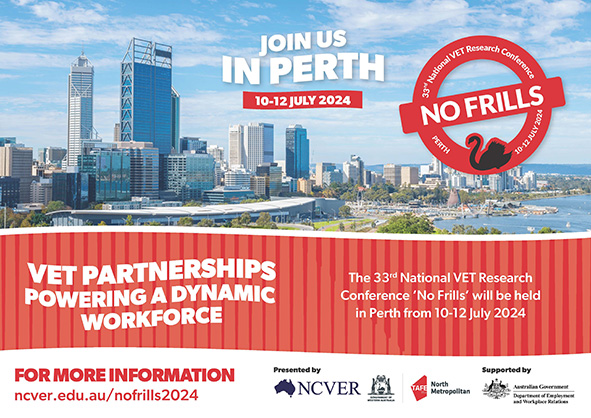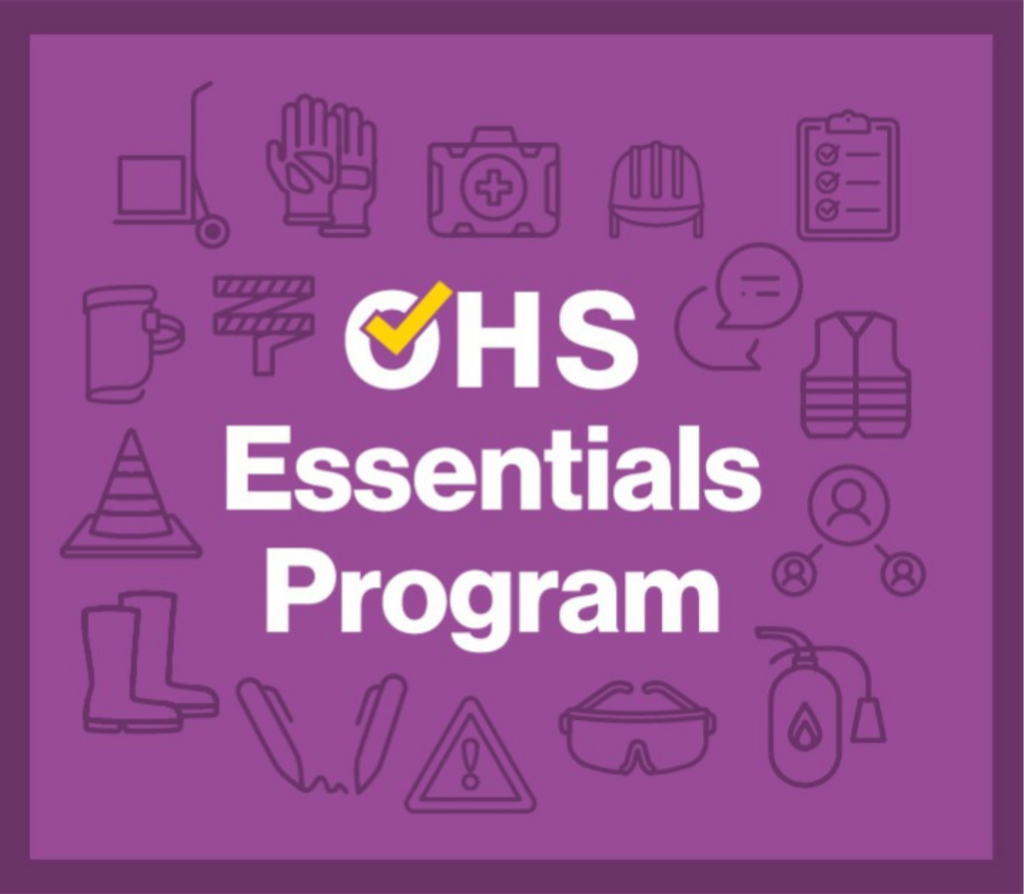“Recognition is the process by which an education institution bestows on a learner, who has acquired learning outcomes abroad, the rights normally attached to acquiring the same learning outcomes within the institution itself.”
This topic has been a concern in Australia for many years in both the VET and higher education space. A short (15-page) policy brief from CEDEFOP points out that, while some progress has been made in recognising the learning outcomes acquired in other European countries by initial VET learners, they suggest there is still much to do.
The brief quotes a paper from the European Commission in 2018 pointing out that:
“recognition of qualifications in higher education and upper secondary education is still problematic [and] despite a good framework and legal commitments of national authorities, problems persist [and while] the necessary tools and framework to enable automatic recognition have been developed … uneven implementation has hindered them being used to their full potential.”
This is in the context of the free movement of labour between EU member states, and the essential need for this mobility to be available. Another issue is that recognition decisions are timely.
The brief points out that “countries still have room for progress in their recognition policies.” Indeed:
“Priority attention should be paid to reducing significantly the timescales for the processing of recognition requests, and improving policy governance in recognition, especially in terms of target-setting and policy evaluation. Increasing the use of EU tools and progressing towards making information access points even more visible should be continued.”
These are lessons for us as we move back to recruiting skilled workers from overseas. But, as with many things, it is easier to come from some countries than others and have what you have studied and achieved recognised.








